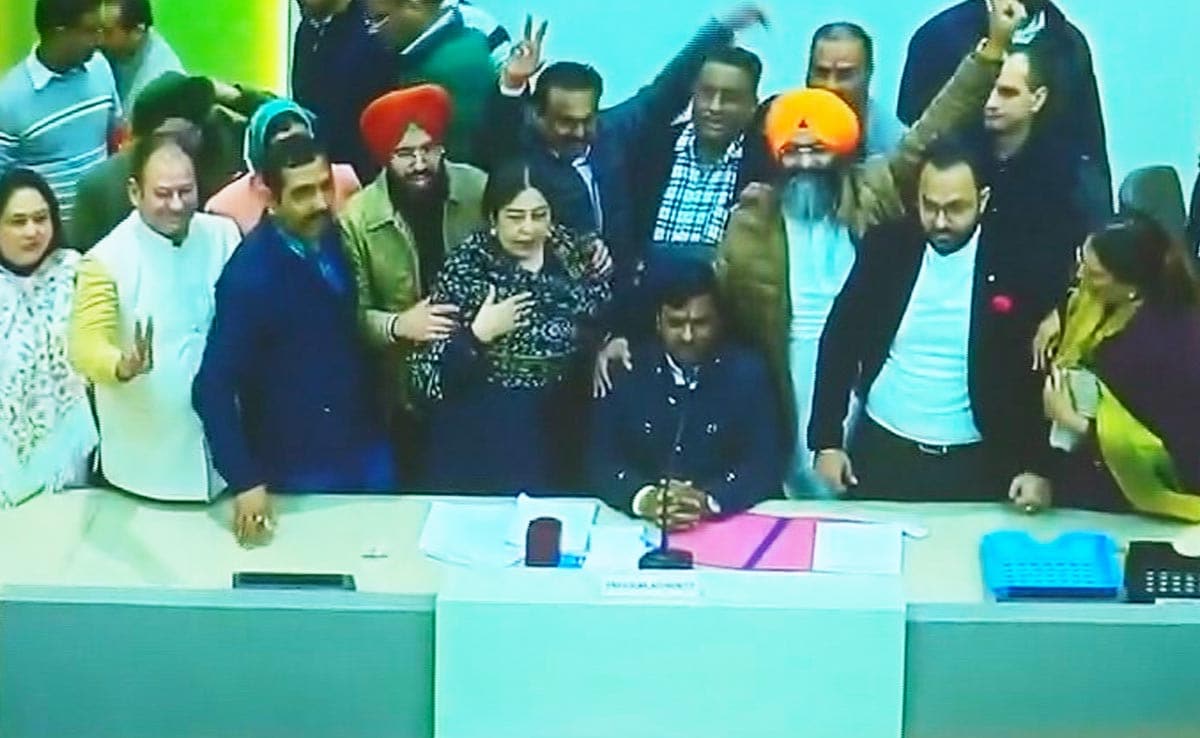In a significant development, the Supreme Court has rejected the State Bank of India (SBI)’s plea for an extension of time until June 30 to disclose information regarding the purchase and redemption of electoral bonds to the Electoral Commission of India (ECI). The court directed SBI to furnish these details before the end of business hours on March 12.
A five-judge Constitution Bench, led by Chief Justice of India D Y Chandrachud, dismissed SBI’s request, stating that the information required was readily available with the bank, thus negating the need for an extension. The bench also instructed the ECI to compile and publish the details on its official website by March 15.
The court’s decision follows its earlier directive on February 15, striking down changes made in the laws in 2018 to implement the electoral bond scheme as unconstitutional. As per the February 15 order, SBI was tasked with disclosing details of each electoral bond encashed by political parties, including the date of encashment and denomination.
Additionally, the court directed political parties to submit details of donations via electoral bonds to the ECI in a sealed cover, to be kept in safe custody until further orders. This data is also mandated to be published on the ECI’s website.
Responding to the court’s decision, SBI’s Senior Advocate Harish Salve cited confusion regarding whether the February 15 order required the bank to match bonds against recipients. However, the bench clarified that the judgment did not mandate such matching exercises, but rather called for plain disclosure.
The court also sought an affidavit from the Chairman and Managing Director of SBI regarding compliance with its directions, warning of potential contempt proceedings if the bank fails to adhere to the timelines set by the court.
Meanwhile, the ECI, which has always stressed transparency in political funding, affirmed its commitment to comply with the court’s order, stating that it was also party to the electoral bond case and had consistently advocated for transparency.
The apex court’s decision underscores the importance of transparency in electoral financing and highlights the judiciary’s role in upholding democratic principles. As the ECI prepares to publish the details of electoral bonds received by political parties, it signals a significant step towards greater transparency in India’s electoral processes.
Discover more from The Doon Mozaic | द दून मोज़ेक
Subscribe to get the latest posts sent to your email.




One thought on “Supreme Court Rejects SBI’s Request for Extension on Electoral Bonds Disclosure”